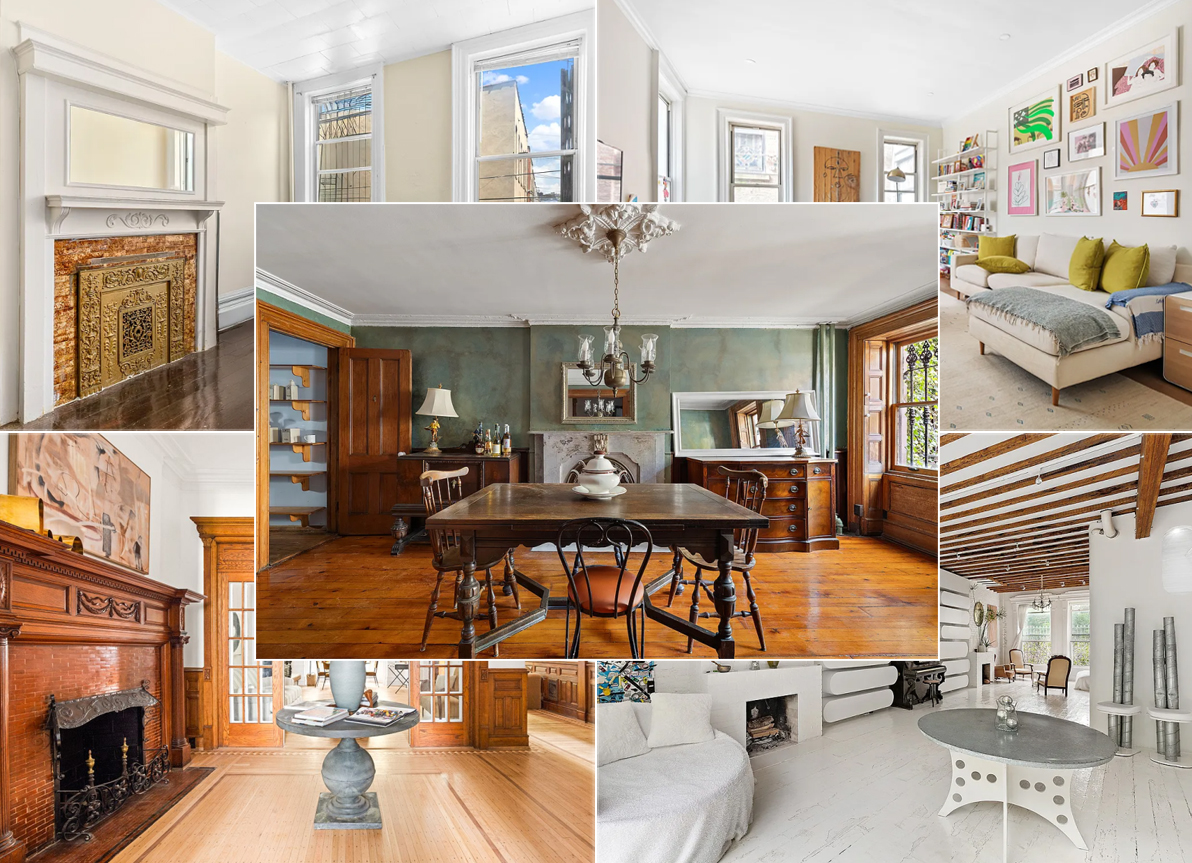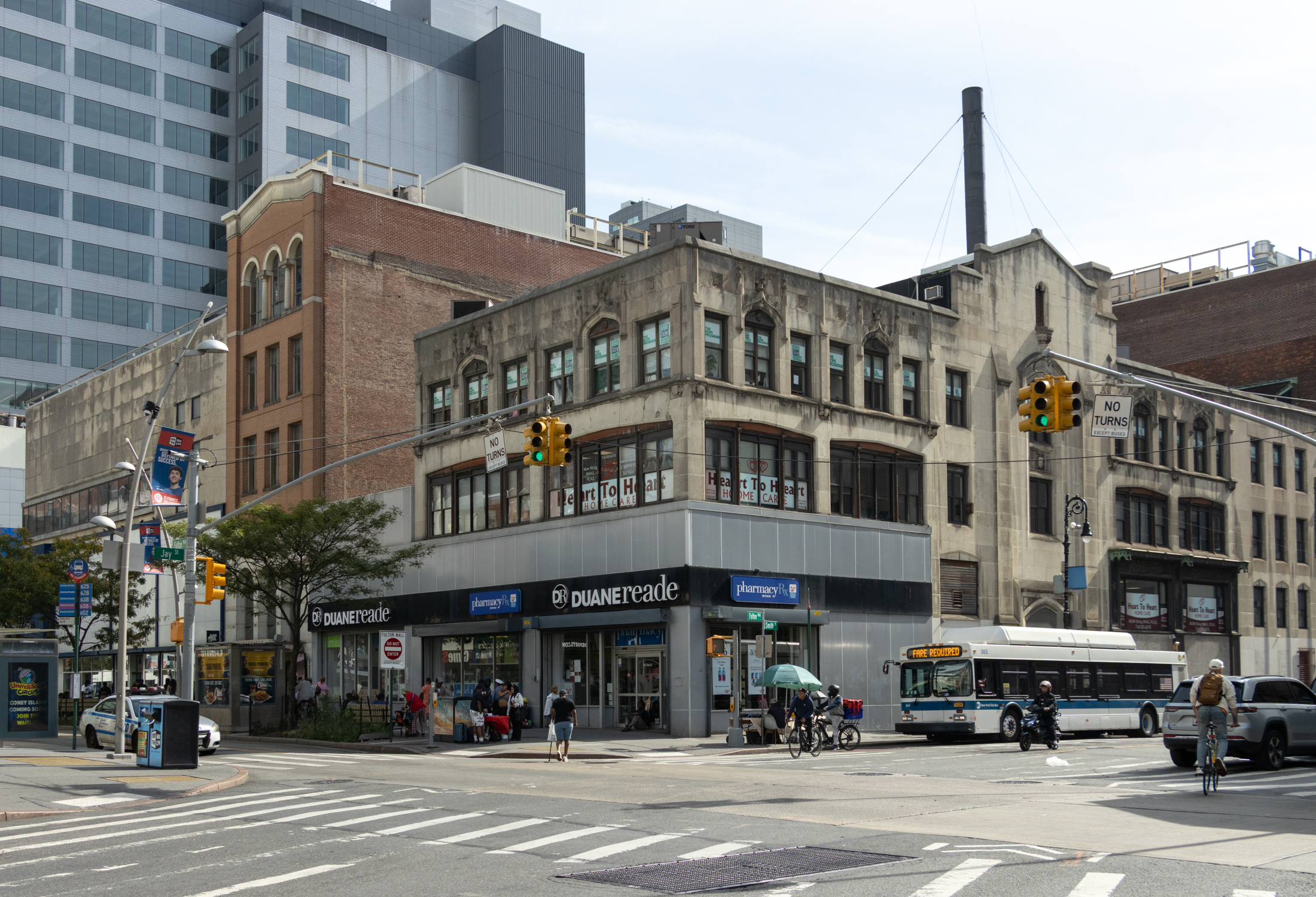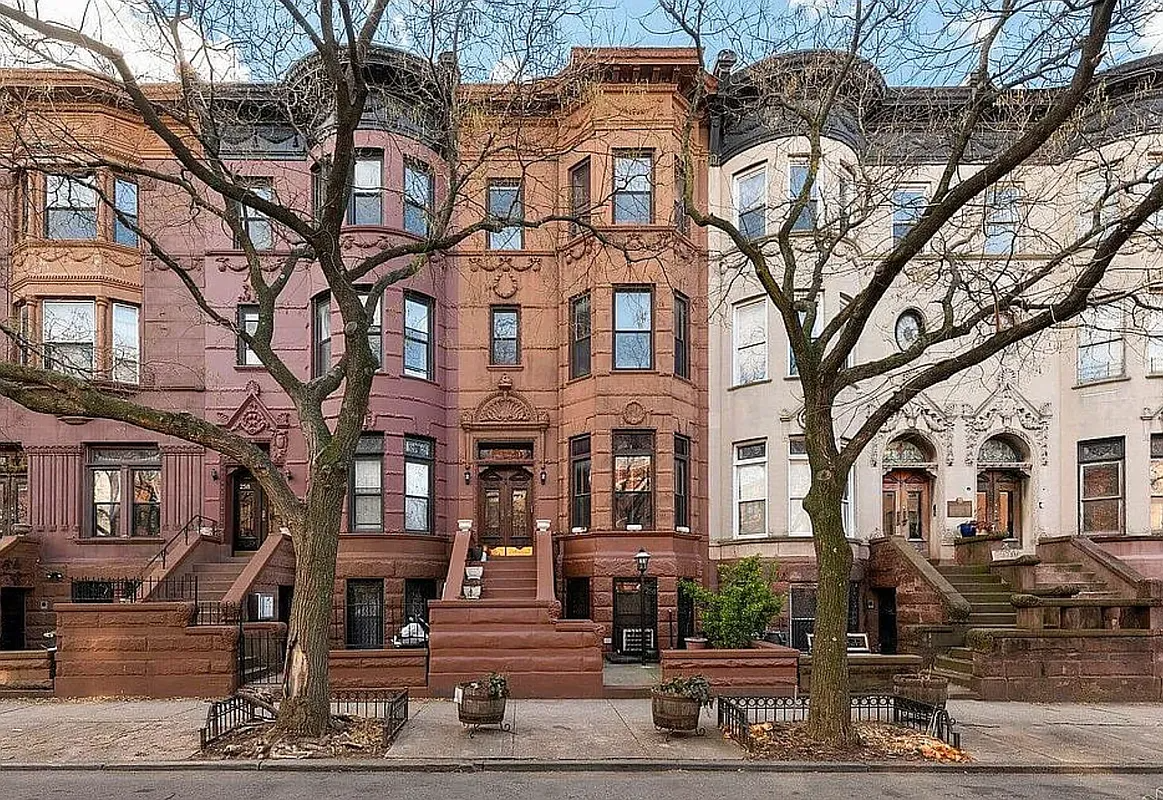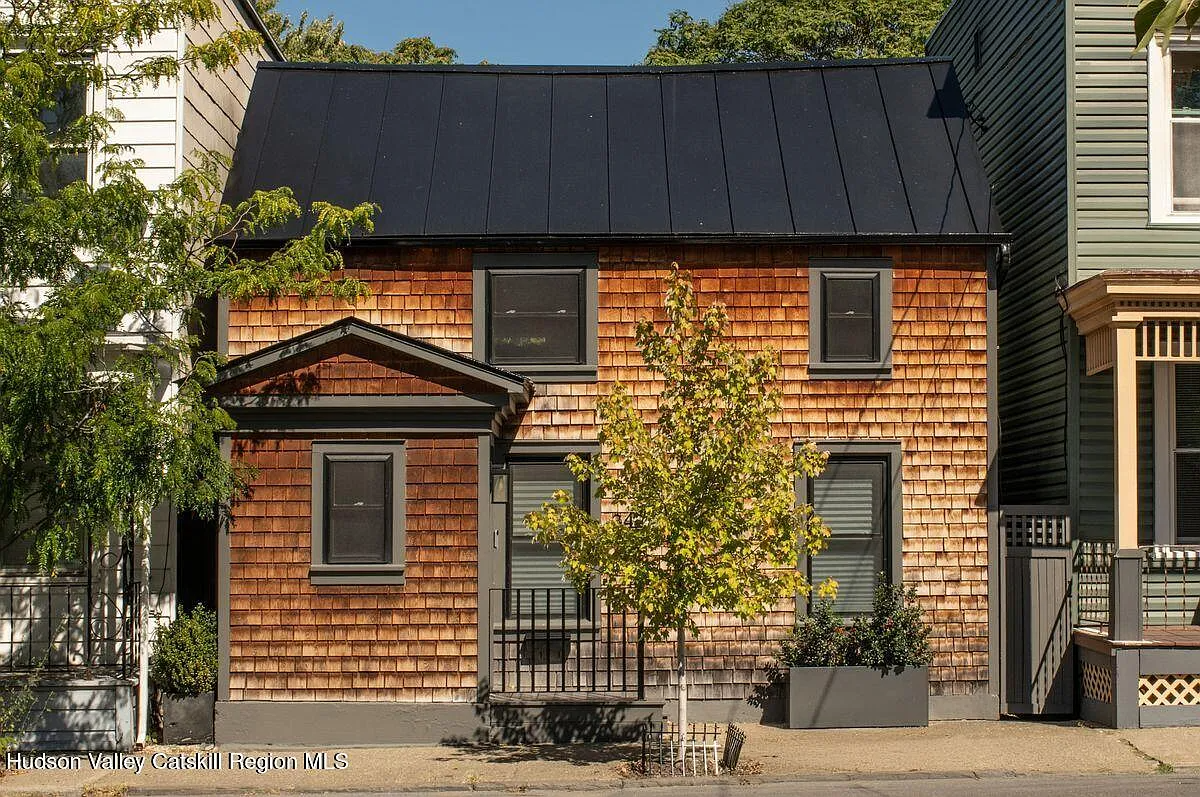Where and When Will The Market Bottom?
Most people interviewed in this weekend Times article about New York’s real estate market finding its bottom seem to agree that prices so far have come down about 25 percent; how much further they have to fall is a matter of more varied opinion, though it sounds like 10 or 15 percent would be a…

 Most people interviewed in this weekend Times article about New York’s real estate market finding its bottom seem to agree that prices so far have come down about 25 percent; how much further they have to fall is a matter of more varied opinion, though it sounds like 10 or 15 percent would be a consensus range. Which means we could be closer to the bottom than past cycles would suggest. Even if the New York market were to end up being 35 to 45 percent down, he said, to the degree we’re seeing deals done at 30 to 32 percent down anyway, it’s not very far away. What may happen, some speculate, is that the correction, however brutal, could be accelerated into a shorter time period that last go-round. It’s possible that rather than seeing price declines spread out over a six-year period, this time it could be concentrated in a two-year period, said Ingrid Gould Ellen, co-director of the Furman Center for Real Estate and Urban Policy at NYU’s School of Law. That possibility, along with the fact that there are plenty of folks waiting in the wings wanting to buy, has the brokerage community cautiously optimistic that the real estate business may avoid having a lost decade. After all, what broker’s need to get paid are transactions more than high prices.
Most people interviewed in this weekend Times article about New York’s real estate market finding its bottom seem to agree that prices so far have come down about 25 percent; how much further they have to fall is a matter of more varied opinion, though it sounds like 10 or 15 percent would be a consensus range. Which means we could be closer to the bottom than past cycles would suggest. Even if the New York market were to end up being 35 to 45 percent down, he said, to the degree we’re seeing deals done at 30 to 32 percent down anyway, it’s not very far away. What may happen, some speculate, is that the correction, however brutal, could be accelerated into a shorter time period that last go-round. It’s possible that rather than seeing price declines spread out over a six-year period, this time it could be concentrated in a two-year period, said Ingrid Gould Ellen, co-director of the Furman Center for Real Estate and Urban Policy at NYU’s School of Law. That possibility, along with the fact that there are plenty of folks waiting in the wings wanting to buy, has the brokerage community cautiously optimistic that the real estate business may avoid having a lost decade. After all, what broker’s need to get paid are transactions more than high prices.
Looking for Bottom in N.Y. Real Estate [NY Times]
Photo by simplerich





…although I do have to point out…the commenter pool seems to speak with a rather lower voice than higher one.
Come on, Gals! Don’t let the guys dominate the conversation so much!…or maybe it’s the guys who have more goof off time all day long at their jobs to post comments.
Where’s BayridgeGirl? Luckily, it seems pretty busy! I’m glad.
I’m just looking at this thread two days later and am sure no one will look back at it now, but I just wanted to said “Thank you!” to Jebby, Benson, Nostalgic on Park (I thought you were going to come back to Brooklyn? Come on already!) and the younger set, Wasder, mopar and even the often rude Lechacal and Miss Muffet.
I don’t have a lot of time or energy to always pop out one of my long, long, long entries so I mostly read the conversations of others…skipping quite a bit when certain people post endless repartee I don’t find adds much of anything positive…or, considering the generation gap, I actually don’t follow (!!!).
I have to say I get a kick reading comments and feel a lot of warmth for all the young people who comment on this blog, the one’s who feel everything is out of reach, other’s who quite fortunate and officious, those who have recently bought a first home…even though the commentors are obviously a self-selected group, they do seem to cut across the population and generation lines.
I find it fascinating to “listen to the conversation”, especially because in person, the different people (separated by age, income, “class”, etc.) might be very reluctant to converse in the same manner we see on these pages.
Hats off!
“the main reason that real estate corrected in 1988 was the implementation of the new tax laws, which had eradicated the use of passive losses as a shelter against earned income. In the 1980’s, many properties were purchased solely for their use as a tax shelter, not based upon their value as an income-producing property. This fed a speculative bubble which collapsed in 1988.”
Benson, that whole post was marvelous. Thank you. Now that you mention this change in the real estate law, I do remember. Your statement that that is what fueled the crash makes perfect sense.
Also, anyone notice that the change in the capital gains tax (elimination of the one-time life exclusion and no tax if you live in the place and own it for two years) preceeded this most recent bubble? Plus low interest rates of course. And the mortgage bubble.
“We wait for everything else to go on sale. Why not houses?”
Because sometimes that means waiting a matter of years and some people are not as obsessed with the bottom line as you to put their lives on hold while waiting for the optimal deal. Its a matter of priorities. Your main priority is money, mine is comfort.
“Look for a place to live and live in it.”
But optimize your purchase. We wait for everything else to go on sale. Why not houses?
***Bid half off peak comps***
Benson:
I don’t necessarily see contradictions in your experience and my own. Whether it was 12 months or 15 months after the ’87 “crash,” we both lost considerable equity for a time.
For my building — which wasn’t purchased by absentee landlords looking for write-offs (that simply wasn’t allowed) — the glut of cooperative apartments (and conversions) at the time helped depress sales. And because virtually all the owners in my building worked on the Street, the ’87 collapse segued without interruption into the ’91 recession in terms of sales, freezing apartments for the decade, unless owners were willing to take a big bath (which some did).
Because I’d paid cash for the apartment and could ride things out, I wasn’t badly affected. But others were (those with mortgages, especially). I stepped out years later with a profit, but as I mentioned, lost everything, both gain and principal, in the current stock market plunge (regardless of my trust officers’ “conservative” approach!).
Again, I can afford to ride things out (and through other forms of asset accumulation am well ahead of where I was in the 80’s). But every dime from that particular real-estate adventure evaporated.
New York real estate is cyclical. When, where, and in what form people step on and off can create big differences in their gains and losses, even in the same block or building. (My parents had my New York apartment for years before leaving it to me. My situation is entirely different from the Wall Street hotshot who bought 18 months ago.)
My advice is what my grandfather told me when I graduated college: “Look for a place to live and live in it.” Decades later, I fully appreciate the old man’s words.
NOP
I meant the renovation of homes, wasder. The original claim by 11217 was…
“Wouldn’t we expect that homes with new insides and facades would be worth more?”
Whuh nailed it…
“11217 –Why would a reno that, however nice, represents a fraction of the overall value of a house increase its worth by 300%? 400%? Leverage was what drove prices, not Wolf ranges.”
Kitchen renovations were pumped and dumped because in reality they depreciate in value the minute they’re used.
I’m tired, I’m probably not making any sense. Zzzzzzz….
***Bid half off peak comps***
NOP and Whuh;
I have to say that I am really taken aback by some of the statements that are being made here.
Whuh, for your information, I was born in this city in 1957, and bought my first house in 1988. I’ve seen this city go through a few cycles.
Now, let me address some of the statements that is being spread around here:
-the real estate market in NYC did NOT collapse in 1987, at the time of stock market correction. It corrected at the end of 1988, right after I purchased my house. Here is an article that states the same thing:
http://www.tregny.com/content/press_archives/2008/02/04/new-york-residential-real-estate-echoes-1980s-boom-and-bust/
Google “1980’s NY real estate bubble” and you will find a whole host of articles that says the same thing. Note also the level of that correction. In may particular case, my house went down 20% in a year, and stayed that way for about 5 years. Basically, if I had decided to sell within those 5 years, my 20% down payment would have been wiped out.
-the real estate collapse of 1988 had nothing to do with the stock market correction of 1987. The stock market correction of 1987 was short-lived. By the end of 1988 the stock market had recovered all of its losses, and was soon to go on to greater gains. Again, I ask all to look at the stock market charts to verify my statements.
-the economy was also fine in 1988. The next recession was in 1991-1992, and it was this recession which brought down the BushI presidency.
-the main reason that real estate corrected in 1988 was the implementation of the new tax laws, which had eradicated the use of passive losses as a shelter against earned income. In the 1980’s, many properties were purchased solely for their use as a tax shelter, not based upon their value as an income-producing property. This fed a speculative bubble which collapsed in 1988.
Whuh, I agree on the value of a historical view. In doing so, let’s get the facts straight.
FSRQ,
Many buildings in NYC, mine included have gas boilers, not oil. We switched years ago. Con Ed gas prices have gone up, not down. I should have mentioned that fact earlier.